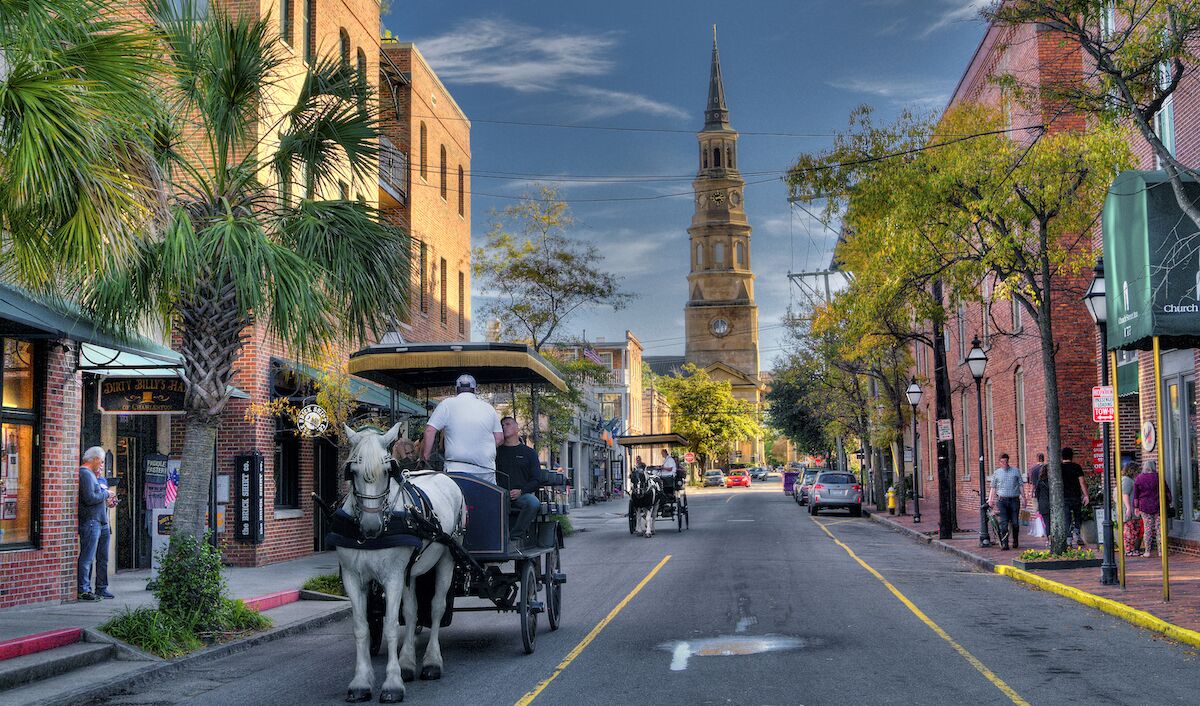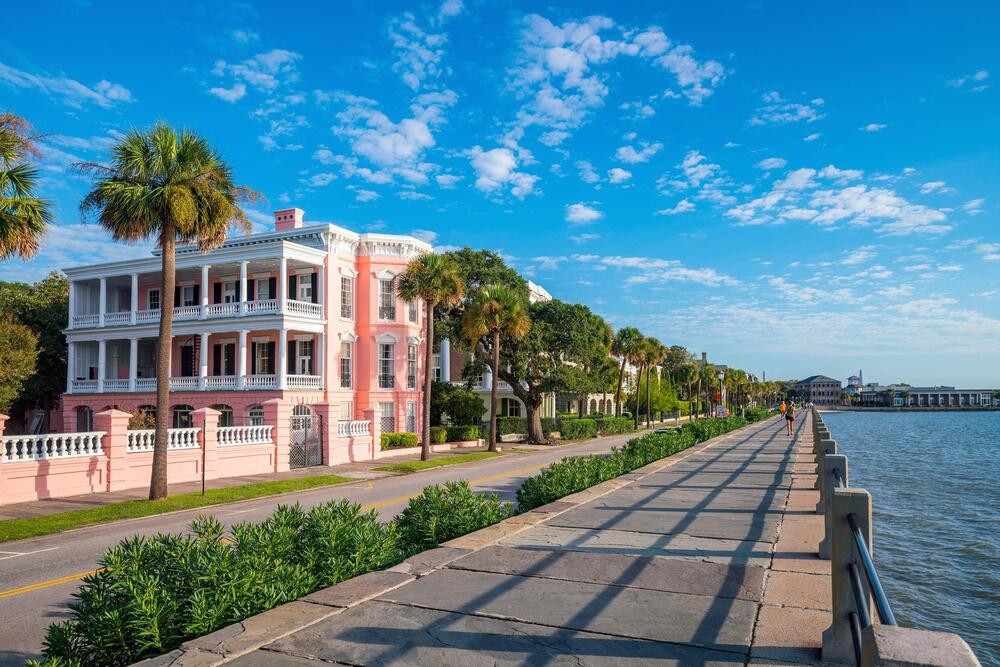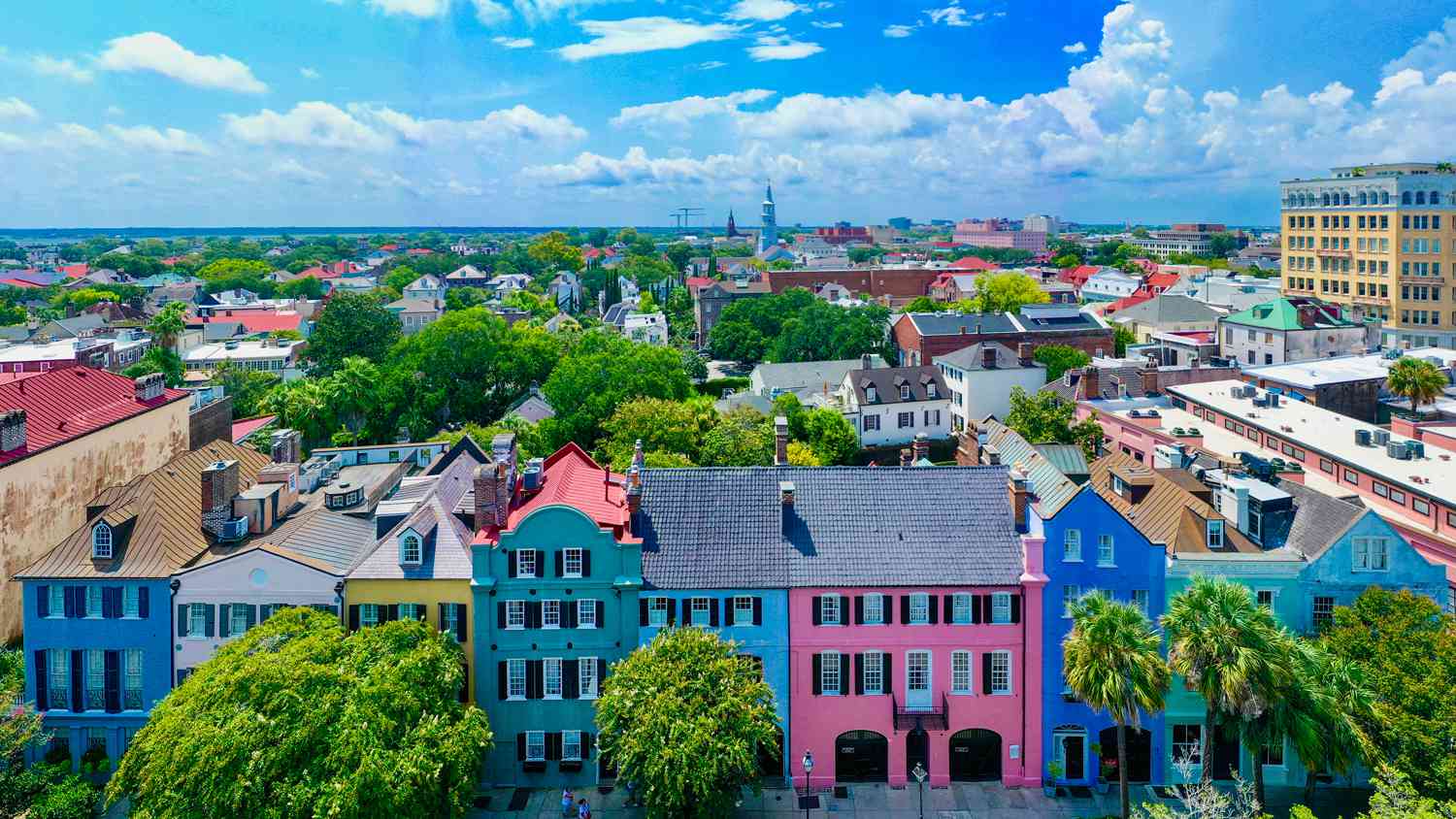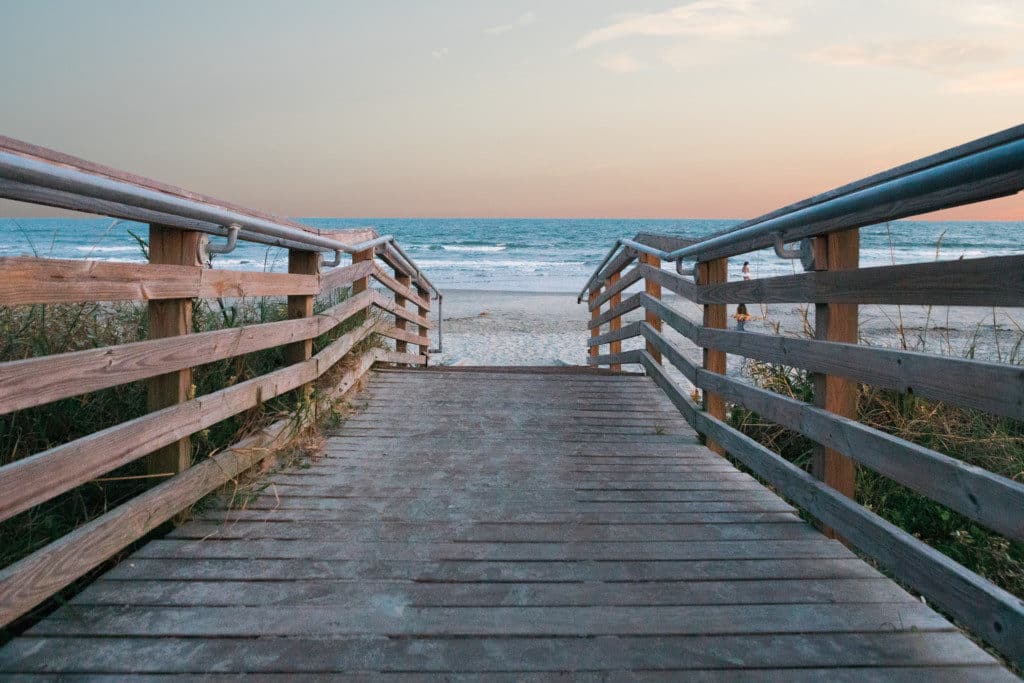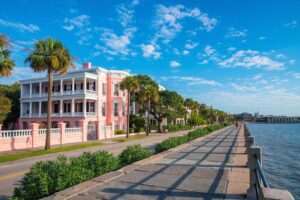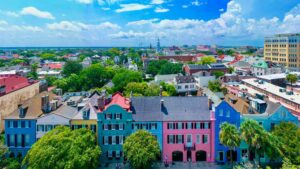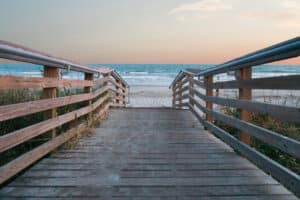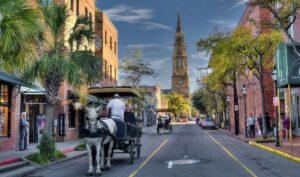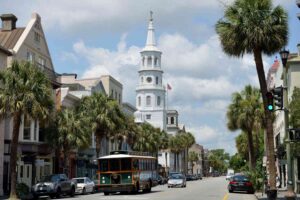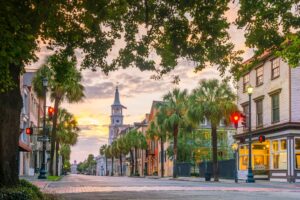Charleston is a city that is famous for its hospitality. People have been talking about hospitality in Charleston for hundreds of years. My favorite story that I tell on my Charleston walking tours is of the captain of the Star of the West, a United States government supply ship. It was steaming towards Fort Sumter at the entrance to Charleston Harbor on January 7th, 1861. Its mission was to resupply Major Robert Anderson’s garrison of United States troops, which had seized the fort not two weeks earlier. Understand that South Carolina declared independence from the United States of America on December 20th, 1860. Anderson and his men were stationed at Fort Moultrie on Sullivan’s Island. Feeling surrounded by hostiles, on the night of December 26, 1860, he secretly removed his men to Fort Sumter.
The Civil War’s First Shots
Governor Pickens of South Carolina was livid at this United States seizure of sovereign South Carolina territory and was determined to retake it. He planned to starve those boys out. But then along comes the supply ship. Pickens instructs cadets from the Citadel, the Military College of South Carolina, to fire seven shots over the bow of the Star of the West. The supply ship promptly retreats and returns to New York. The media swamp the captain, and he quips, “ We arrived in Charleston to be greeted by their famous hospitality. Why, before we landed, they threw us seven balls!” These were the first shots of the Civil War, months before the battle of Fort Sumter.
But hospitality seems to be sadly fading. At the foot of Meeting Street is signage informing visitors that this beautiful public space has no restrooms. Thank goodness it lets them know that the Hazel V Parker Playground has a restroom with limited access just four blocks away.
It’s just bleak. Pity the poor visitors so informed and thus assured that restrooms are four blocks ahead, but, alas! They are less assured in their ability to make it there. As they rush past you, smile and wave with a big “Welcome to Charleston”!
Charleston Tour Guides will route their walking tours to provide restroom access, usually at the midpoint and the end. So next time you see a large group with a licensed guide, be glad for it. At least you know they’re all potty trained.
The Plight of White Point Gardens
On the other hand, as a West Ashley resident for most of my life, it annoys me that an Iconic park like White Point Gardens now limited access. The restrooms were removed long ago. There was talk of installing a Portland Loo, but that hasn’t happened. A picnic at the park isn’t realistic if it includes older people or small children. They can’t stay long enough to come to the Battery on a spring day, read a book in the shade, or reminisce about youth. The classic Charleston benches have been removed and not replaced over time. It is obscene that a space designed and designated as a public space for humans is now a designated Bird Sanctuary and the Night Herons make the place filthy.
White Point Gardens is the best real estate in town and has been a gathering place for generations. The Battery has always been the people’s park, and memories of time there are precious. Memorable experiences happen there that bond you to Charleston. We all share it. But now, only a precious few are afforded such. The magic that passes from generation to generation is no longer there at a time when Charleston needs it most.
So I call on Mayor Morrison to revitalize White Point Garden to make it once again the people’s park, or at least make it accessible by installing restroom facilities and park benches and repealing the Bird Sanctuary status. Let’s bring back the spirit of hospitality in Charleston as experienced by one writer in 1875:
When I left the old city a few days later, I blushed to think I had doubted these people, whose reputation for hospitality to strangers had been worldwide for over half a century. With regret, I turned my tiny craft towards untried waters, leaving behind me the beautiful city of Charleston and the friends who had so kindly cared for the lonely canoeist.
Excerpt from “Voyage of the Paper Canoe” 1875

